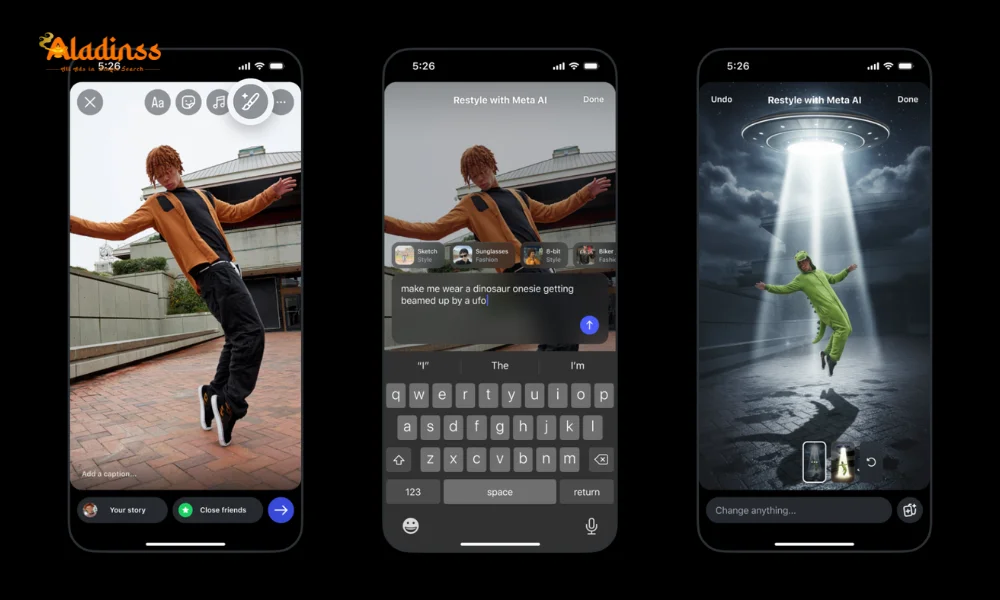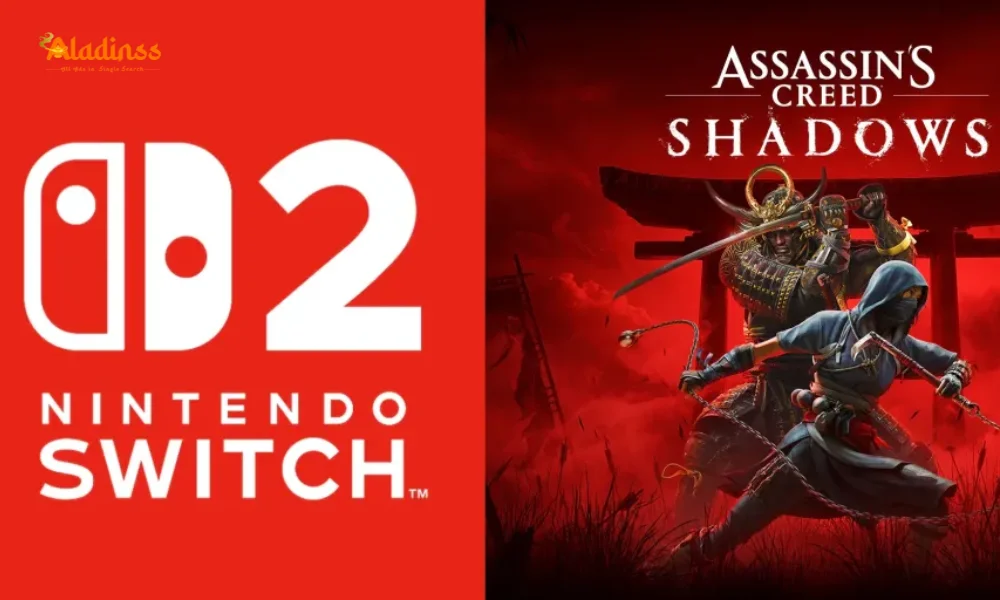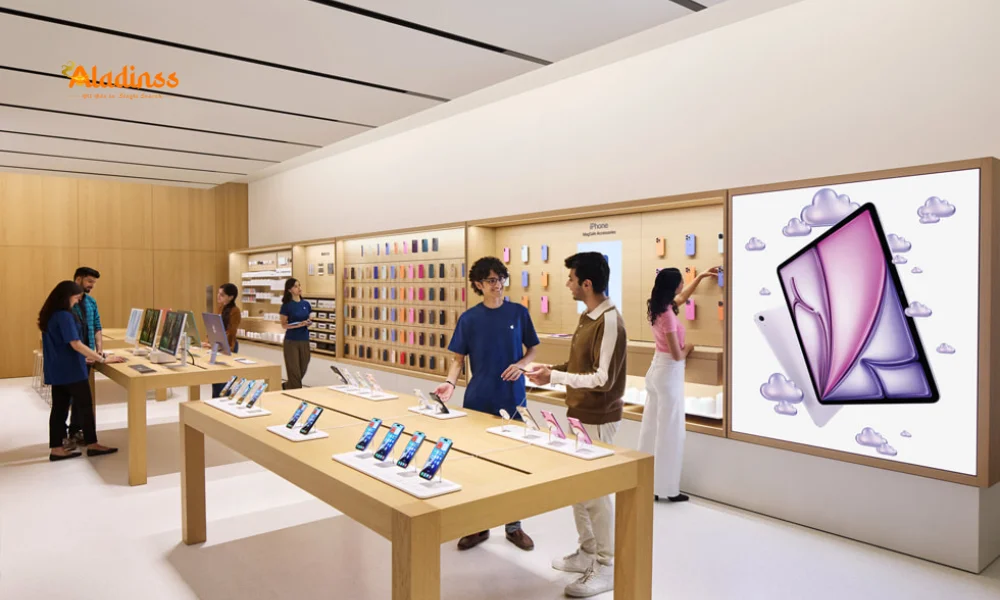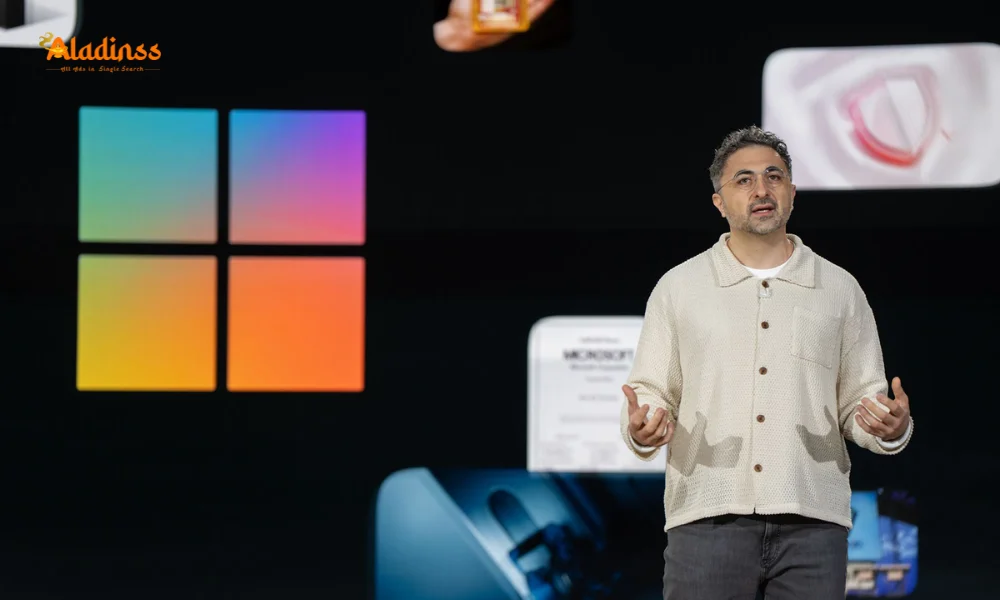Coté Exits Ubisoft After Assassin's Creed Role
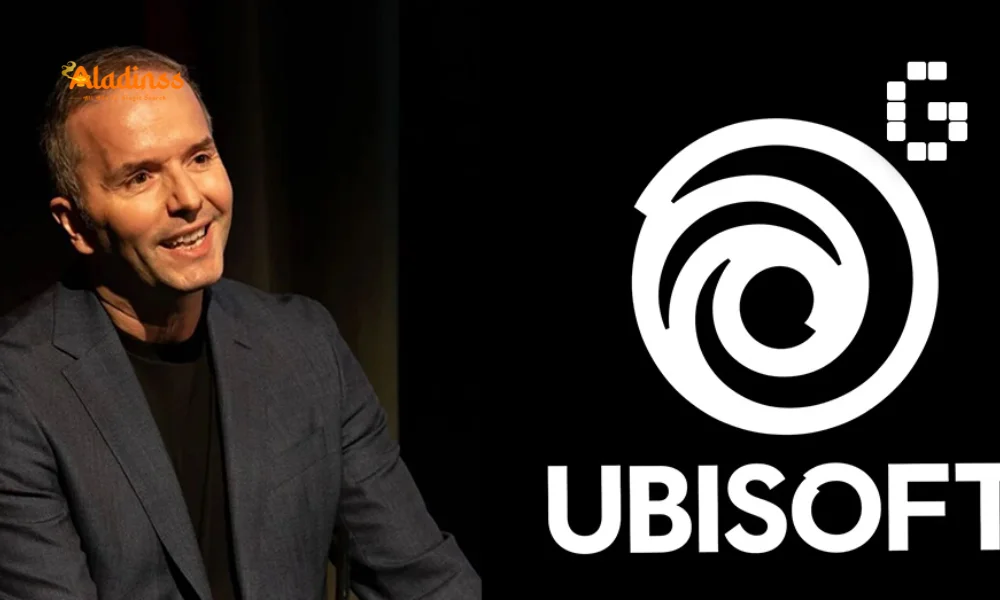
Marc-Alexis Coté Leaves Ubisoft After 20 Years; Assassin's Creed Leader Declines Vantage Studios Role
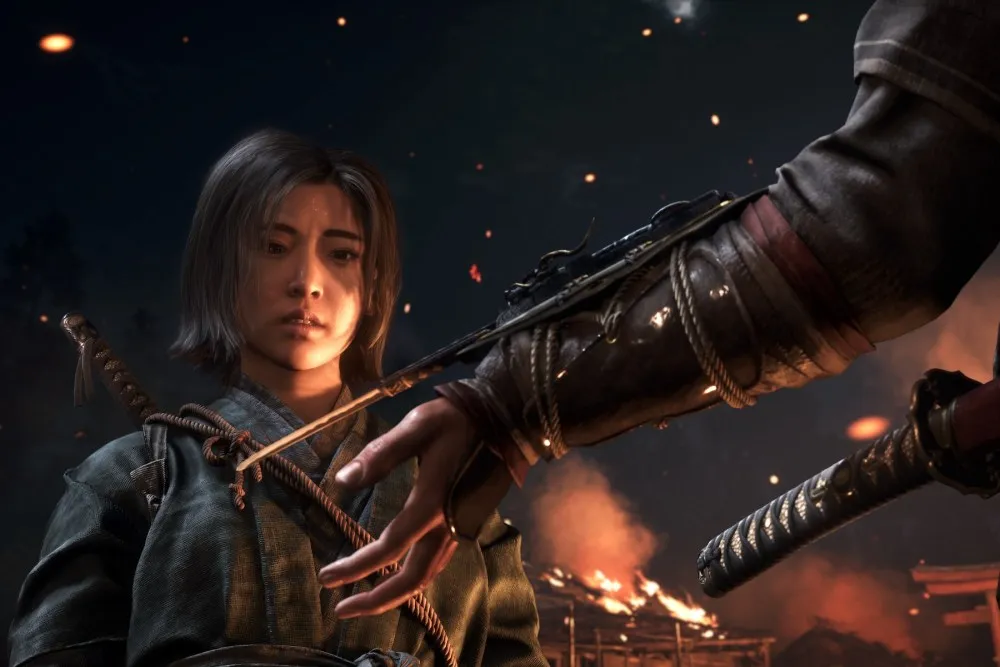
In a significant shake-up at Ubisoft, Marc-Alexis Coté, the visionary leader behind the Assassin's Creed franchise for over two decades, has parted ways with the company. Coté, who served as vice president and executive producer since 2022, turned down a key leadership position at the newly formed Vantage Studios, the Tencent-backed subsidiary now overseeing major IPs like Assassin's Creed, Far Cry, and Rainbow Six. This Marc-Alexis Coté Ubisoft departure comes just weeks after Vantage's launch in September 2025, highlighting tensions in Ubisoft's restructuring efforts and raising questions about the future of its flagship series.
Ubisoft's internal email, shared with staff and viewed by IGN, revealed Coté's "own expectations and priorities" clashing with the studio's vision. Vantage co-CEO Christophe Derennes expressed disappointment, praising Coté's contributions while affirming the team's readiness to advance. The company confirmed the exit in a statement, lauding his "leadership, creativity, and dedication" in evolving Assassin's Creed into a global phenomenon, but Coté's next move remains undisclosed.
This development underscores challenges in Ubisoft's post-restructuring era, as it navigates talent retention and creative direction for its billion-dollar franchises amid investor scrutiny and competitive pressures from rivals like EA and Activision Blizzard.
Marc-Alexis Coté's Enduring Legacy at Ubisoft
Coté's journey with Ubisoft began in 2004, rising through ranks to become a cornerstone of the Assassin's Creed brand. As executive producer since 2022, he oversaw the series' evolution from historical epics to multimedia juggernauts, including games, comics, and films. Under his guidance, Assassin's Creed Valhalla (2020) became the franchise's best-seller, shipping over 20 million units, while Shadows (2025) pushed boundaries with dual protagonists Yasuke and Naoe, blending feudal Japan with stealth-action innovation.
His tenure wasn't without controversy; the cancellation of a post-Civil War Assassin's Creed project in 2024, featuring a Black assassin targeting the Ku Klux Klan, stemmed from fears of backlash similar to Shadows' reception. Coté championed diversity, but internal debates and external pressures shaped decisions. Despite this, his vision drove over $5 billion in franchise revenue, cementing Assassin's Creed as Ubisoft's crown jewel.
Colleagues hailed Coté as a "creative force," with former team members crediting his collaborative style for breakthroughs in open-world design and narrative depth. His exit leaves a void, especially as the series eyes mobile expansions like Assassin's Creed Jade and the unrevealed Hexe.
The Vantage Studios Launch: A New Era for Ubisoft Franchises
Vantage Studios, unveiled in September 2025, represents Ubisoft's bold pivot to streamline development for its top IPs: Assassin's Creed, Far Cry, and Rainbow Six. Backed by a €1.16 billion ($1.25 billion) investment from Tencent—holding 25% stake—the subsidiary consolidates global teams for focused innovation, aiming to accelerate release cycles and enhance monetization through live services and expansions.
Co-led by Christophe Derennes (formerly Assassin's Creed Valhalla director) and Charlie Guillemot (son of CEO Yves Guillemot), Vantage operates independently but under Ubisoft's control. This structure addresses past criticisms of bloated budgets and delays, with the first output expected in 2026—a Rainbow Six spin-off. Tencent's involvement, building on its 10% Ubisoft stake, provides capital for VR/AR integrations and global localization.
The move follows March 2025's restructuring, which reduced staff by 10% and refocused on core franchises after flops like Skull and Bones. Vantage aims to revive Ubisoft's fortunes, targeting $3 billion annual revenue from these IPs by 2027, but Coté's rejection signals potential cultural clashes in the new setup.
Assassin's Creed's Future: Upcoming Projects and Challenges
Assassin's Creed remains Ubisoft's bedrock, with over 200 million units sold since 2007. Post-Coté, the franchise advances with diverse titles: Assassin's Creed Jade, a mobile entry set in ancient China, launches in 2026, featuring parkour and stealth in a free-to-play model. Codename Hexe, rumored for 2027, explores 16th-century Europe with witchcraft themes, blending horror and history.
Remakes of Ezio trilogy and Black Flag are in pipeline, capitalizing on nostalgia, while Shadows' post-launch support includes expansions addressing Yasuke backlash. The canceled Reconstruction-era game, codenamed Invictus, highlighted sensitivities; set post-Civil War with a Black assassin targeting Templars and KKK, it was shelved after racist online reactions to Shadows' Yasuke, compounded by US political divides.
Vantage's oversight promises streamlined development, but losing Coté—architect of Valhalla's success—raises concerns. The studio's global teams, spanning Montreal, Singapore, and Barcelona, must now navigate without his narrative expertise, potentially delaying Hexe or Jade iterations.
Ubisoft's Restructuring: Broader Implications for the Company
Coté's exit is the latest in Ubisoft's turbulent 2025, following March's layoffs of 1,700 employees and closure of studios like Fox Chase. The restructuring, aimed at profitability after $200 million losses in FY24, refocuses on live services and AAA titles, with Vantage central to this strategy.
Tencent's €1.16 billion infusion—25% stake in Vantage—eases financial strain but raises autonomy questions, given Beijing's influence on content. CEO Yves Guillemot defended the partnership as "strategic," but critics fear diluted creativity, especially for politically sensitive narratives like Invictus.
Ubisoft's stock, down 15% YTD, reflects investor skepticism, but Vantage could stabilize it by delivering consistent outputs. Past controversies—#MeToo scandals and crunch culture—have eroded talent, with 20% staff turnover in 2024; Coté's departure exacerbates this.
Industry Reactions: Talent Exodus and Franchise Future
The gaming community mourns Coté's loss, with Assassin's Creed subreddit threads buzzing about "end of an era." Fans praise his bold choices, like Valhalla's Viking saga, but lament Invictus' axing as "cowardice." Industry voices, including former Ubisoft devs on LinkedIn, cite "creative stifling" in Vantage's corporate structure.
Rivals like EA's Patrick Söderlund welcomed Coté to "explore new horizons," fueling speculation of moves to studios like Rockstar or CD Projekt. For Ubisoft, retaining talent is paramount; 2025's 10% voluntary attrition risks delays in Far Cry 7 and Rainbow Six Siege updates.
Vantage's co-CEOs pledge continuity, but without Coté's narrative touch, Shadows' expansions and Hexe may feel less ambitious. The subsidiary's success hinges on fostering innovation, not just efficiency.
What’s Next for Marc-Alexis Coté and Ubisoft?
Coté's future is intriguing: Rumors swirl of consulting for indie studios or joining Netflix's gaming arm, leveraging his IP expertise. At 48, his track record positions him for high-profile roles, perhaps helming a new historical franchise.
For Ubisoft, the focus shifts to Vantage's execution: Delivering Jade and Hexe on time could restore confidence, with $2 billion in FY26 revenue from these IPs. Tencent's support mitigates risks, but cultural integration is key to avoiding further exits.
Coté's departure, while poignant, underscores Ubisoft's transformation: From a family-run visionary to a streamlined powerhouse. As Assassin's Creed turns 18 in 2025, its next chapter—sans Coté—will test resilience and reinvention.
Comment / Reply From
No comments yet. Be the first to comment!
